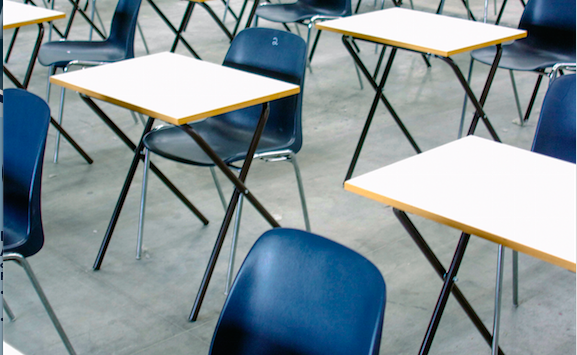We know that differences in family income and parental education levels are linked to achievement gaps between black students and their white peers. But are schools exacerbating these gaps with whom they choose to suspend or retain and whom they select for gifted and talent and advanced coursework?
Researchers Kenneth Shores, Ha Eun Kim and Mela Still, set out to quantify the extent to which schools influence academic outcomes in Categorical Inequality in Black and White: Linking Disproportionality across Multiple Educational Outcomes. Using a unique district-level dataset from the U.S. Education Department’s Office of Civil Rights (OCR) Data Collection and the Common Core of Data, the researchers looked at racial differences in school discipline rates, grade retention, and classification rates into gifted and talented classes, special education programs, and Advanced Placement courses.
They found that in districts where black students are the worst off economically, they are more likely to be disciplined, retained, classified into special education, or excluded from advanced coursework. The same is true in districts with the highest concentrated of college-educated parents. At the same time, the researchers uncovered districts doing a good job of closing these gaps. Their conclusion: Schools set policies on discipline, classification and access to advanced courses and “because schools create these categories, they can also eliminate them.”
By Margarita Arguello
